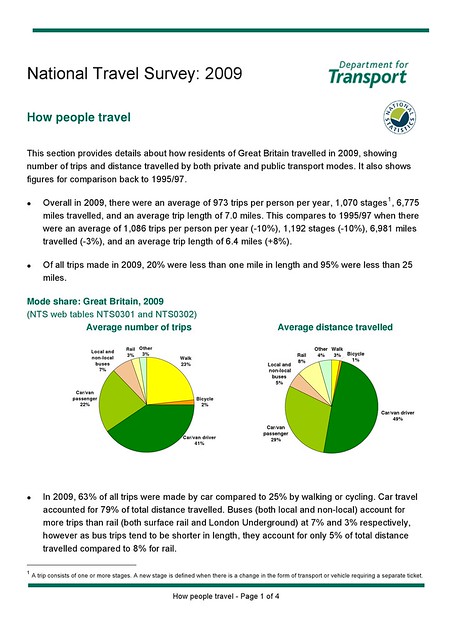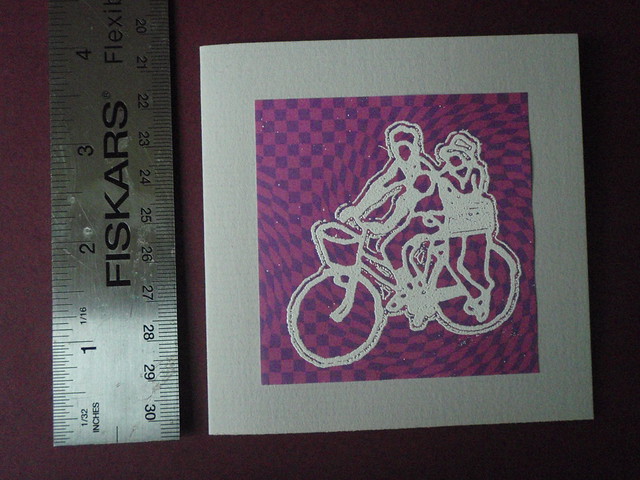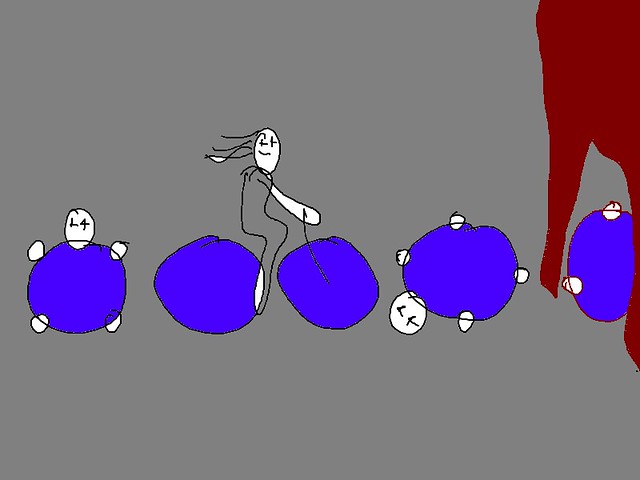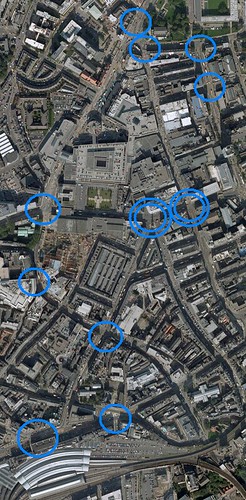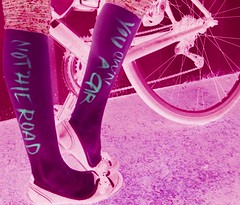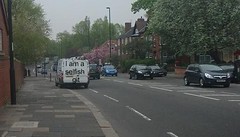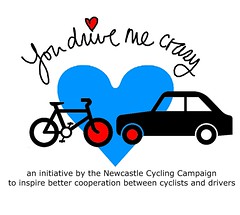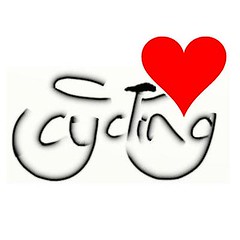In 2010 and getting myself into the complex (and, boy, don’t we make it more complex than it really is!) issue of UK cycle campaigning I wrote to the CTC to enquire about their stance. I felt compelled to do that because I found the CTC message confusing and misleading and counterproductive too.
Cycling is safe, no it’s not… it is, no…
I had problems understanding why the CTC unnecessarily tied itself into a complicated seafaring knot by routinely sending two mutually exclusive messages
- Cycling/roads can be dangerous (CTC counteract with smidsy)
- But, hey, it really isn’t - we say that because of statistics (and because our aim is to get more people cycling and we don’t want to scare them)
Yes, we are starting from a low base. In every respect (our own confidence, cycling numbers, genuine political will and support). I know.
But here it is. The answer that you get over and over again from the CTC: with more people cycling the safety in numbers effect kicks in. A positive feedback loop is created and hey presto voila – you have a cycling nation with a bike culture. A policy reliant on getting people on bikes.
So if that’s the master plan (get more bum-on-saddle and tackle inconsiderate/dangerous driving) then I take umbrage with this: the CTC have little in the way of a successful plan on HOW they propose to get people cycling. To my humble observation cycling numbers have not really remarkably increased in the last decades. In the light of the above, I’d ask the CTC whether policy could be looked at again and their (rather mixed) message reviewed for its logic, effectiveness and success.
Or maybe the CTC don't campaign on behalf of everyday cyclists?
I was wondering whether this really is the best intervention. Keep repeating the mantra “it’s safe (no honest, it really is)” - and they’ll come. Keep telling non-cyclists it’s about their confidence. They can even get training for it.
Isn’t that patronising? Could that be the reason why outreach success and cycling uptake have been low?
Here’s the positive feedback loop as I see it.
Listen to what normal folks (non-cycling) say… they’ll tell you why they don’t cycle: “there are no cycle lanes” is the almost near-universal answer. It’s a personal safety consideration not to cycle. And I can understand that. I know it’s awfully hostile out there on the roads - I have been there – a cyclist’s journey is laden with conflict and aggression, full of anger and – as a cyclist – you have no safe space to fall back on… pavements anyone?
Now, there is this SVOW briefing that discusses this: “Policy that only focuses on an increase in cycling and at the same time ignores the construction of more cycling facilities, will not have a positive effect on road safety.” One wonders whether the CTC, having gone down their road a looong way, could actually conceivably take anything as 'alien' as the above into account when reviewing their stance, policy and media image/message? Almost making a u-turn, by learning from abroad? Better have the screeching halt now then veering off course even more?
My Tupp’ny. Cycling is lovely, or rather it could be lovely. Yes, the more people cycle the better, but for that to happen we really need safe cycle infrastructure. And I have yet to see the CTC making points about cycle infrastructure that are not defeatist “Oh, can’t do it like that” (particularly on side-roads and junction designs). Let’s hope it’ll all come out in their policy review bash 2012.
Soz folks. Here’s what it boils down to. UK cycling will not happen without investment in cycleways. A positive CTC pro-cycleways policy would help.
Meanwhile, in the real world, the road and oil companies are rubbing their hands in glee and their eyes in disbelief “Cyclists are still divided, they don’t even know themselves what they want. They’ll never get their pesky little heads around asking for large sums of money. They must think they aren’t worth it. Oh, these silly cycling sods!”
And trust me, the above means diddly squat to the non-cycling population (i.e. nigh-everyone). We are wrestling with our own demons ignoring the demons of the real population.
